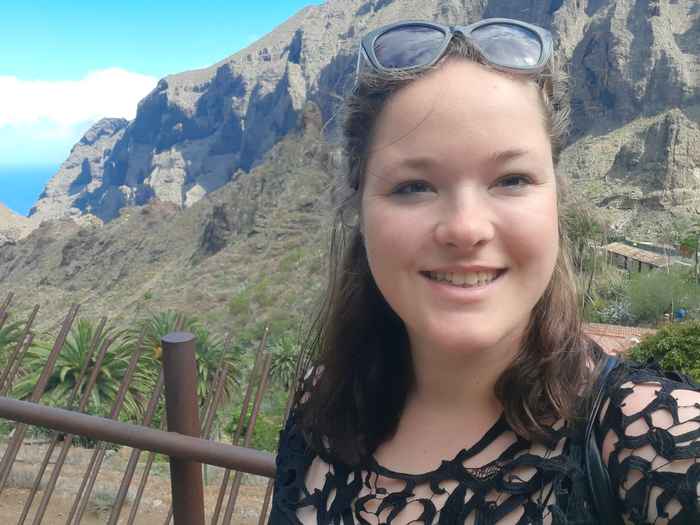Anouk Kreuger (Bsc Biomedical Sciences)

One of the main reasons I chose this master programme was its approach of the forensic field, offering insights into forensics from various disciplines. Although expertise in specific areas are essential for a thorough understanding of casework as well as research opportunities, I also believe that it is equally important to communicate effectively with other professionals each having different backgrounds. The broad perspective of the masters is therefore very useful and I encourage students to maximize this opportunity by learning from the expertise of both peers, who are experts in their bachelor, and teachers to develop themselves as well-rounded professionals.
My advice to the students is also to identify what drives you to work in forensics and, also, to find a teacher/research group that could help you figuring out what you like to do for work. For instance, if you enjoy laboratory work, consider whether you also enjoy the research aspect, or if you prefer more predictable outcome. I got the opportunity to do my internship at the research group of Maurice Aalders, one of the teachers of the program. These six months, I gained a deep appreciation for research, but it also clarified that pursuing a PhD was not the right path for me, but I believe one should never say never.
Currently I work as a forensic DNA analyst at The Maastricht Forensic Institute (TMFI), where I can combine my interests in biology, forensics and research with established methods. Looking ahead, I hope to gain more experience, knowledge and expertise to ultimately contribute to the forensic process and the pursuit of justice.